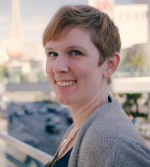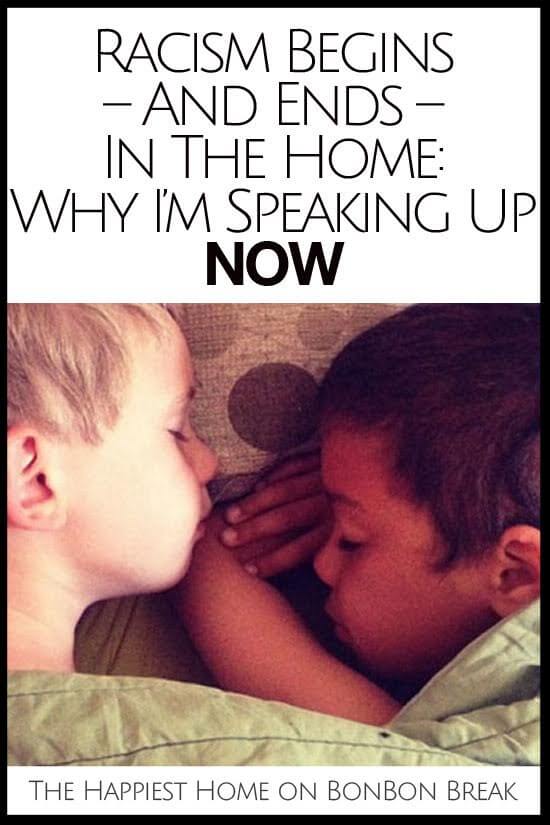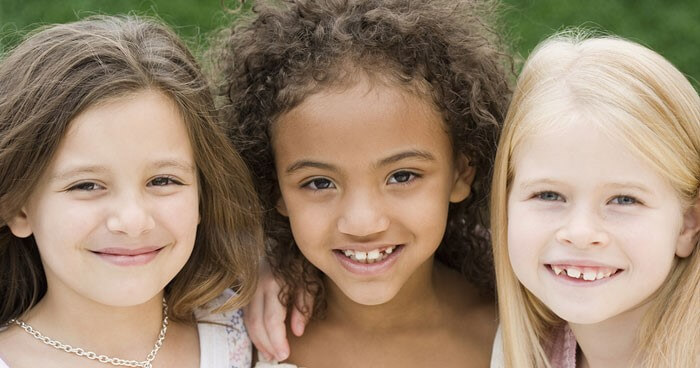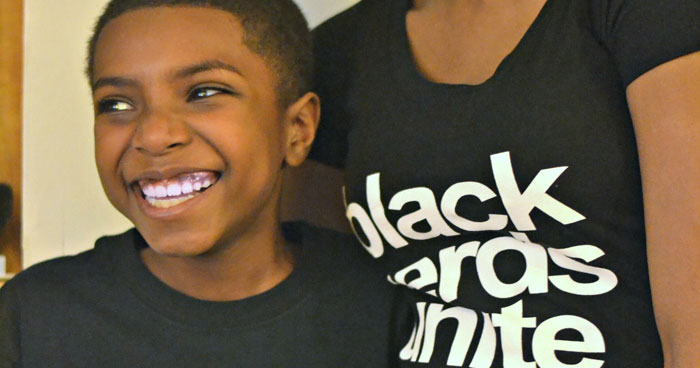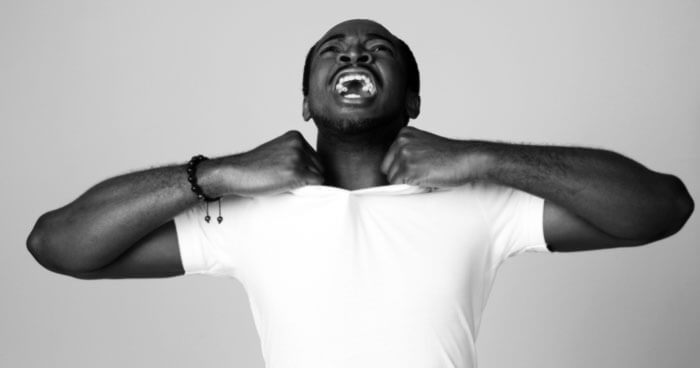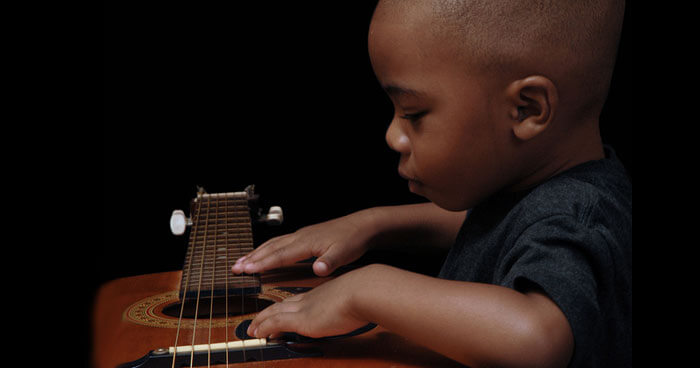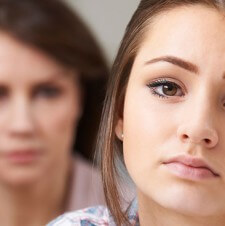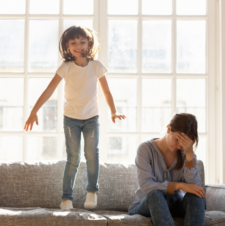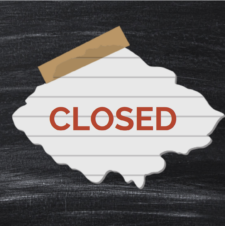Racism Begins – And Ends – In The Home
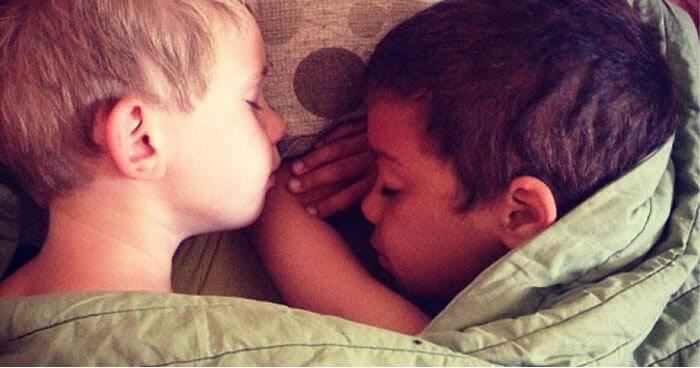
Friends, this post is more than a little bit out of character for me. You may have noticed that I very, very rarely comment on current events. I’ve long recognized that I lack a sort of fast-twitch blogger muscle in my brain; I prefer to mull and mull and mull things over before I comment on them, and often by the time I’ve pulled together what feels like a thoughtful, fair, helpful response, the moment has passed.
When I learned of the shocking massacre of nine black Bible study attendees at the AME church in Charleston, South Carolina, last week, I was already a few steps behind. Jon and I were visiting friends on Wednesday and then celebrating my niece’s birthday on Thursday, so it was Friday before I really had a chance to dig into the story, absorb the reactions on blogs and social media, and see the hurt, frustration, and fear my black friends were experiencing. I read and read and read; I shared links on Facebook and read some more.
I knew that wasn’t enough. I knew I needed to say something to make a public statement, but I sat on the post for days because, well, I didn’t know what to say. And sometimes the longer you stay quiet, the longer you wait to jump into the fray, the more awkward it feels to start. If you wait five days, has the moment passed? Seven? A month?
The truth is that I still don’t know exactly what to say. But I can’t wait any longer to say something.

The first and most simple thing is this: I recognize the Charleston shootings as an act of racially-motivated terrorism. (I’m a little bit amazed that this statement even needs to be made, but after reading some seriously disheartening commentary online over the past few days, I just want to be crystal clear.) Mass shootings are always terrible, but the addition of motivation and location to this one adds immeasurably to the horror. I’m so sorry for my black friends who have to deal with the fear that they could be similarly targeted, and those that feel they have lost their idea of sanctuary.
The second thing is this: I recognize that as a white person I have privileges my fellow black citizens do not.
I was in my early 20s when I first heard the phrase “white privilege.” At first, it rankled. I grew up poor, and I was a broke young mom at the time. I struggled. How could anyone call me ‘privileged’?
But white privilege doesn’t mean I’m a bad person, that opportunities have been handed to me on a silver platter, or that I don’t work hard. It’s not really about ME, individually, at all. It simply means that there is a system that unfairly favors white people, and that I have benefitted from that system, without asking for it or often, even noticing it. It took time, but the more I worked to squelch my own knee-jerk defensiveness around the discussion of race, the clearer this became.
Which leads me to my third point. As a white person, I have the privilege of not having to speak up about racism.
And too often – sometimes without even thinking about it – I’ve allowed that privilege to go unchecked.
I’ve not talked to my kids nearly enough about racism and social justice, because I’m not sure what to say and it’s uncomfortable. And, worse, because I’ve been lazy. I thought that because my kids easily make friends with kids of other races, and that because we have black family members (some of whom have lived with us off and on over the years) that it somehow let me off the hook from having to talk much about it. But of course, it doesn’t. Close relationships with people of color may help us see race issues in a more personal and compassionate way, but it doesn’t mean we get a “get out of talking about racism free” pass.
Worse – and pretty much proof of my previous paragraph – when people have made racist comments in my presence, sometimes in my very own home, I’ve too often let it slide. I’ve told myself that maybe I didn’t hear them right, or that I misunderstood their intent. I’ve kept quiet to avoid making waves. I’ve done this even when the comments weren’t even just a questionable joke or thoughtless offhand comment, but actively and pointedly hostile remarks. That’s hard to admit, but it needs to be admitted.
I’m not saying all this to beat myself up. I know I’m a good person, and I don’t actively try to be racist. But I have a feeling most of my white friends can recognize themselves in one or both of these failings – particularly those of us who live or came of age in families or communities where racist comments and attitudes are so prevalent that they stop shocking you after a while – and I think that by admitting it, we make it easier to choose better in the future.
So…now what?
There are a lot of things white people can do to combat racism. This article lists 11 good ways to start. Number one on the list suggests white folk “use their privilege to confront racial injustices when they see them happening, whether in the grocery store or the boardroom.” And that’s where I’m going to start, beginning right now.
I’m writing this here, now, in the hopes that I might inspire others to break their silence as well, and also to hold myself accountable.
It’s not just about changing minds today, either. Let’s face it: some minds will never be changed. But just as important, we are raising the next generation of human beings, and we can either bring up young adults who will be silent in the face of injustice, or those who will speak up even when their voices are shaking. Personally, I want to raise human beings who will speak up, and I believe it begins with what I model for them.
The picture at the top of my post is my son Owen and his cousin Quin. It’s one of my favorite pictures ever, and I post it here to remind myself that as equal as these two little boys seem when snuggled up under a blanket on my living-room floor, that’s not likely to be Quin’s experience when he’s out in the world. I might not be able to fix the world for him, but maybe I can help improve our little corner of it.
We all have a lot more power than we think to make a difference. Even if you don’t have a large online platform or aren’t particularly political, you can start in the place parents wield the most power: In our own homes, with our friends and family and children. Even if you’ve never spoken before, say something now, and vow to keep speaking up. It’s not too late to make a difference.
The moment has not passed. Will you seize it?
PIN IT FOR LATER:
This post was written syndicated with permission from Meagan Francis.
